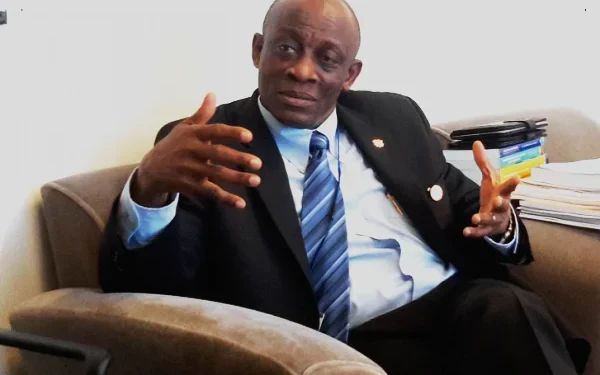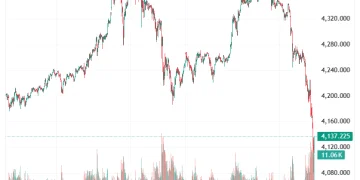Ghana Can Achieve Upper Middle-Income Status with More Oil Discoveries, Says Presidential Advisor on Economy
Presidential Advisor on the Economy, Seth Terkper, has asserted that Ghana could attain an upper middle-income status if it accelerates exploration and development of additional oil fields.
Speaking at the 9th Ghana CEO Summit held in Accra under the theme “Leading Ghana’s Economic Reset: Transforming Business and Governance for a Sustainable Futuristic Economy,” Mr. Terkper stressed the pivotal role of oil in Ghana’s economic trajectory.
“Ghana will become an upper middle-income country if Ghana is successful in exploring and developing more oil fields. If we get, you know, four, five, six oil fields, Ghana will become an upper-middle-income country. It depends on how fast we move,” Mr. Terkper stated.
The former Finance Minister also traced Ghana’s current lower middle-income status to the positive impact of oil production and a growing services sector.
“I must say that Ghana has become a lower middle-income country on the back of a growing services sector, and on the back of oil in particular. We catapulted five years ahead, we were supposed to be a middle-income country either by 2020 or 2015,” he noted.
According to the World Bank, an upper middle-income country is defined as one with a gross national income (GNI) per capita between $4,466 and $13,845. These thresholds are reviewed periodically, often adjusted for inflation and other macroeconomic variables.
Ghana’s GNI per capita stood at $2,350 in 2022, significantly below the upper middle-income threshold. The country’s gross domestic product (GDP) is currently pegged at GHS 1.4 trillion.
Presently, Ghana operates three major oil fields—Jubilee, TEN, and Sankofa.
Mr. Terkper’s remarks suggest that the discovery and commercialization of additional fields could be a strategic lever for accelerating national income growth and economic reclassification.








